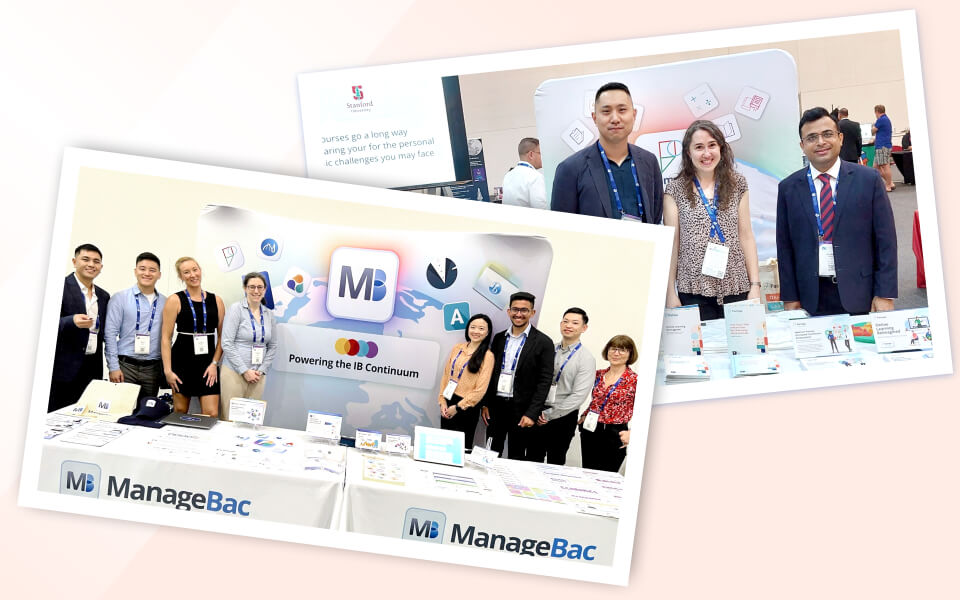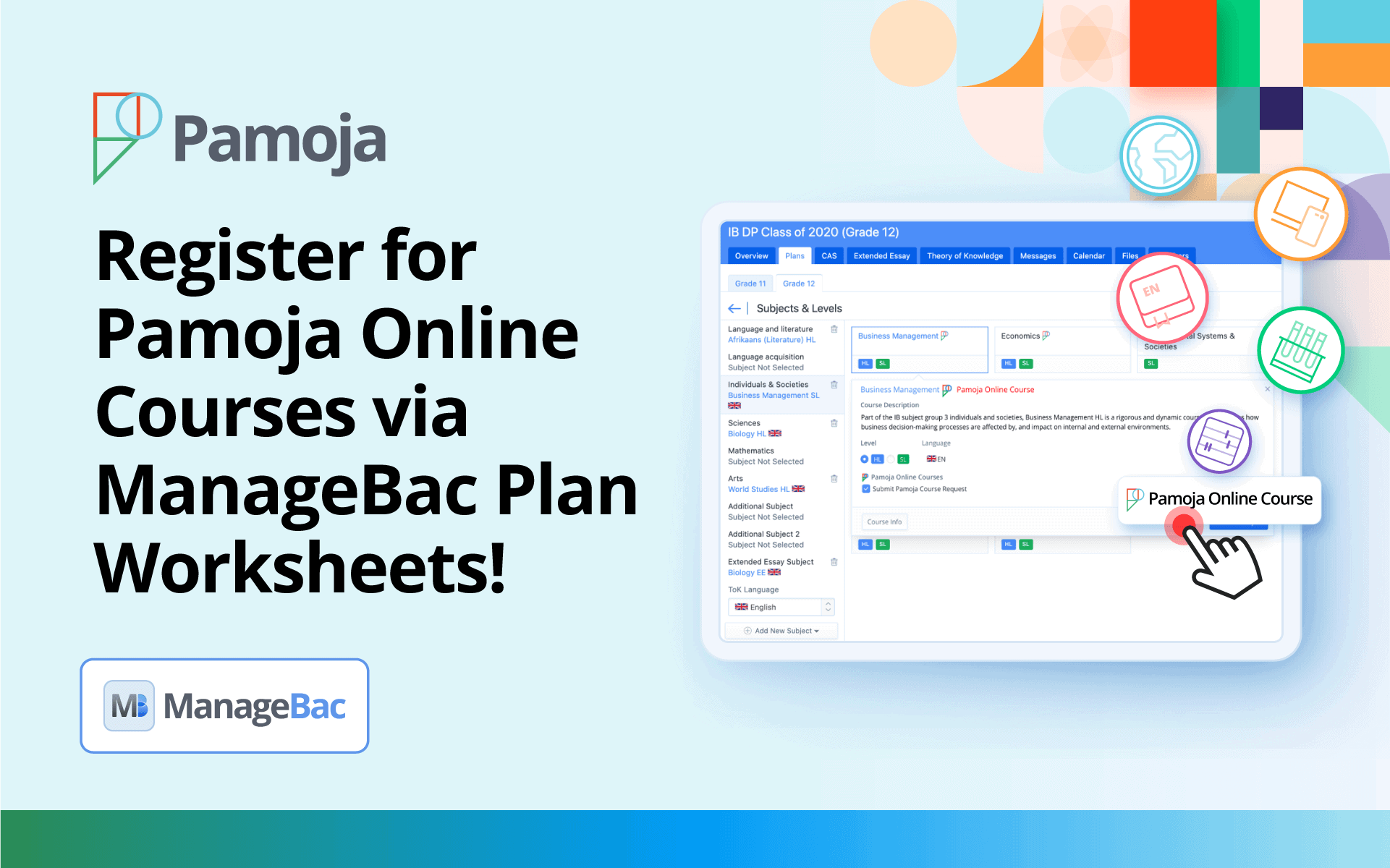There has been an undeserved stigma associated with vocational learning for decades. Only now are we beginning to see value being placed on delivering tailored training to individuals pursuing specific career paths, as employers recognise the growing value of self directed knowledge acquisition skills and workplace learning.
This has driven a positive change of sentiment around vocational routes and an increased uptake of career-related study by students. Market size and investment has increased, and the priority attached to vocational routes by governments (demonstrated in the UK by the imposition of the apprenticeship levy in April 2017) indicates that the sector is growing in all respects.
Yet employers still claim there is an enormous deficit of adaptive and positive behaviour that enables young recruits to deal effectively with the demands and challenges of work and everyday life – why is this?
Even as more students, and people changing careers, consider vocational routes for themselves, the education system is still focussing on the wrong priorities. The emphasis still remains on exam success and, if we are to have a chance at reducing the skills gap, we need to divert the emphasis that is placed on simply getting good grades and focus it more on developing the personal “softer” skills that individuals need to succeed in life beyond timetable and classrooms of school and college.
What if educational success was no longer determined by how well somebody performs in an exam, but by how well individuals can take what they learn, develop it and use it in a relevant way. Written exams and multiple choice tests fail to assess a student’s potential, instead only assessing whether they are able to memorise and understand information. Teaching children to pass tests, rather than develop the self-directed learning skills they will need to be able to continue to find information, ask questions, and think critically about how to tackle real-world problems, not only detracts from a holistic learning experience, but ultimately does a disservice to the learner once they become an employee.
We should try instead to look at instilling the importance of a model of learning moments, giving our children the skills and opportunities to take advantage of these, using all of the resources, technology and expertise available, so that they can ask questions and learn continuously. Then perhaps we will have a much better chance of eradicating the global skills gap.
You rarely hear an employer today discuss someone’s qualification in relation to their success at work – an employer is far more interested in an individual who is able to take the skills they have and mould them to suit the working environment and their role within the company, often stating that they are looking for “adaptable employees who can manage change”.
The marketing sector is just one great example of how essential it is to continually learn, in order to keep up with an evolving industry. Over 10 years ago there was no such thing as digital marketing – SEO (Search Engine Optimisation), apps and social media did not exist, and the majority of marketing was not digital or web based. The skills necessary to succeed in the sector then are very different to the skills that are needed to succeed as a marketer now. Even the theories of marketing have evolved, and the marketer stars of today are those who accept that consumer behaviour continues to change, as do the ways that we can better understand this behaviour, if we are to make the most of the opportunities to reach them.
There is a tension of opposites between continuous learning and exam success, for example how long is the outcome of an exam, or particular skill truly relevant for, Perhaps vocational and career related skills for the future needs a re-brand so its not just a training course in areas such as marketing, engineering or information technology, but really develops skills of learning in an always on society, where learning moments can be consumed on demand and in our own timetables, making sure all young people are adaptable and take advantage of the life and workplace opportunities available to them. Knowing an answer is easy, asking questions is tough.
Sign up to our monthly newsletter to keep up to date with all the latest Pamoja news.




